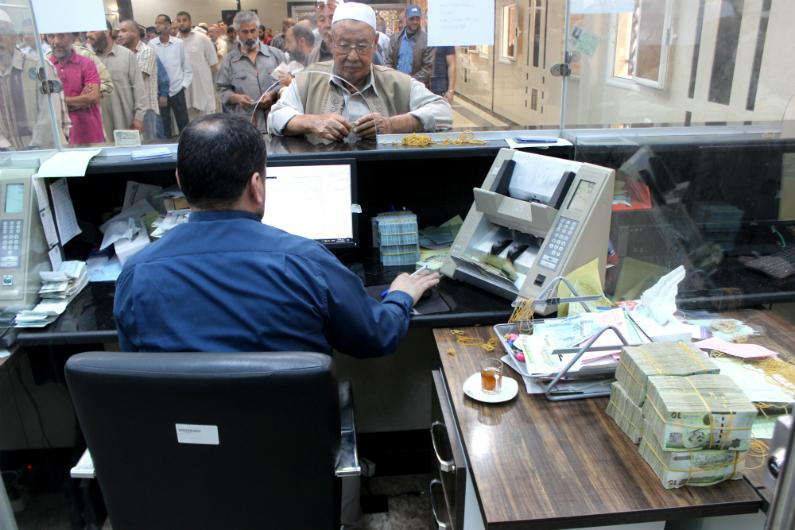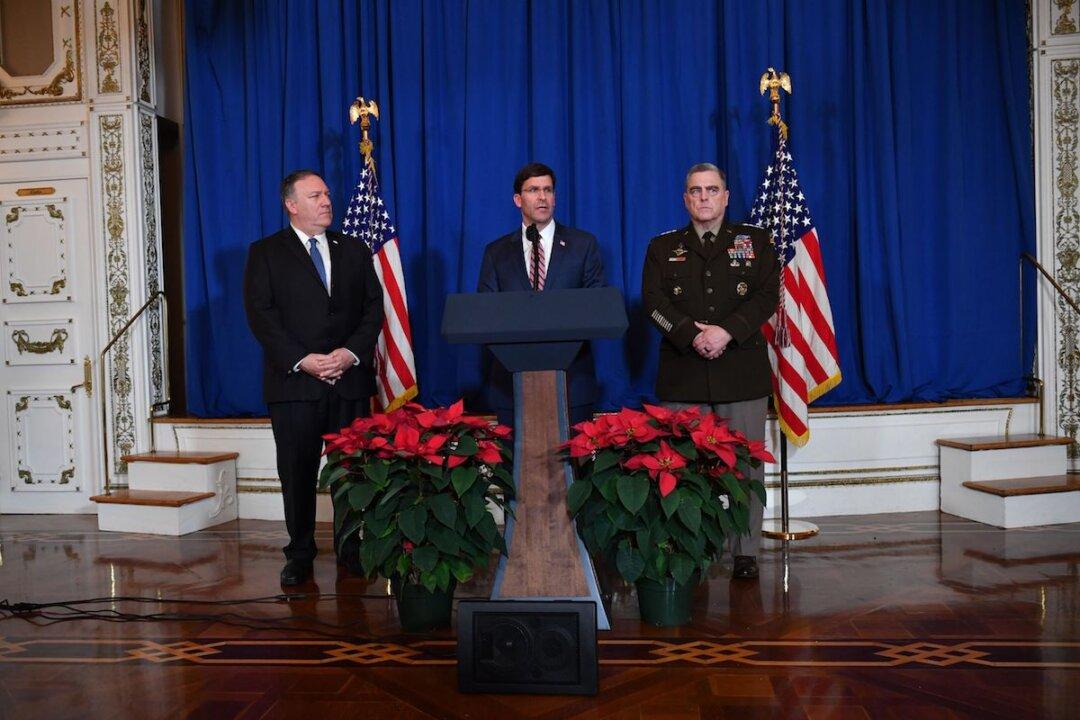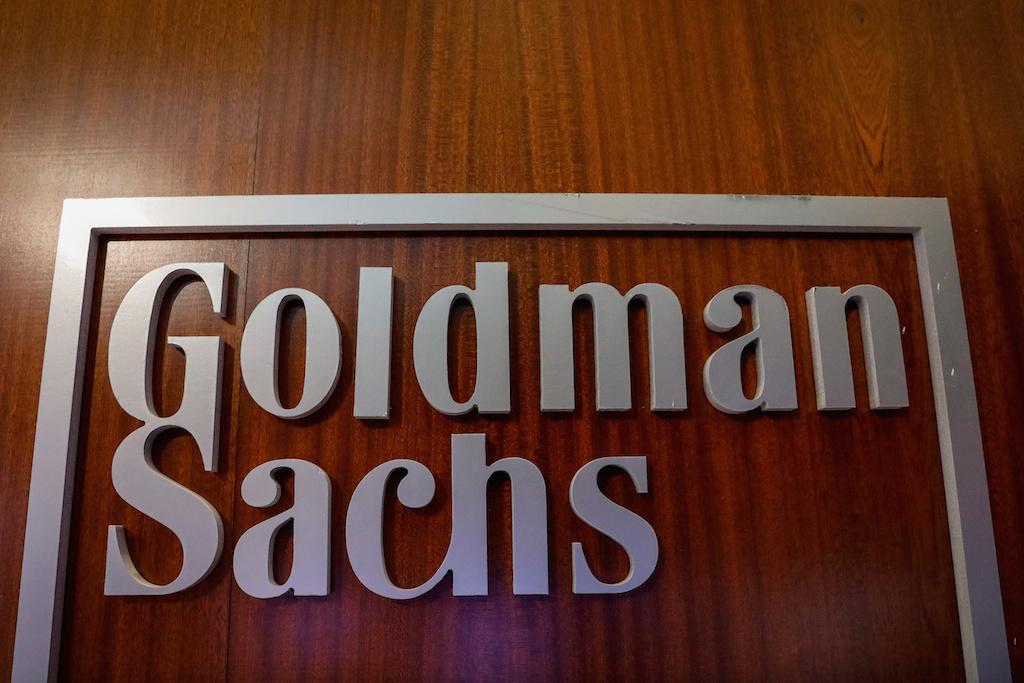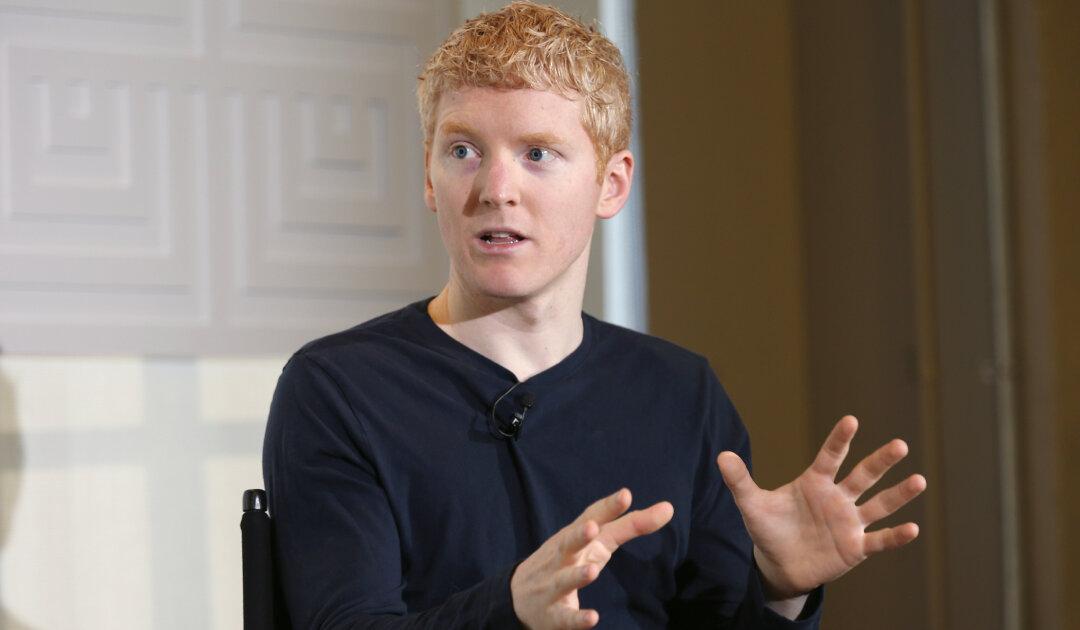Morocco’s cash-strapped government plans to reward compliant taxpayers with more hard currency for travel abroad as it gradually loosens capital controls.
“Within days,” the Rabat-based foreign-exchange regulator will more than double the amount people can take out of the country to as much as 100,000 dirhams ($10,500), from the current 40,000 dirhams, according to its managing director, Hassan Boulaknadel. The minimum allowance will be raised to 45,000 dirhams, he said in a telephone interview Dec. 28.




